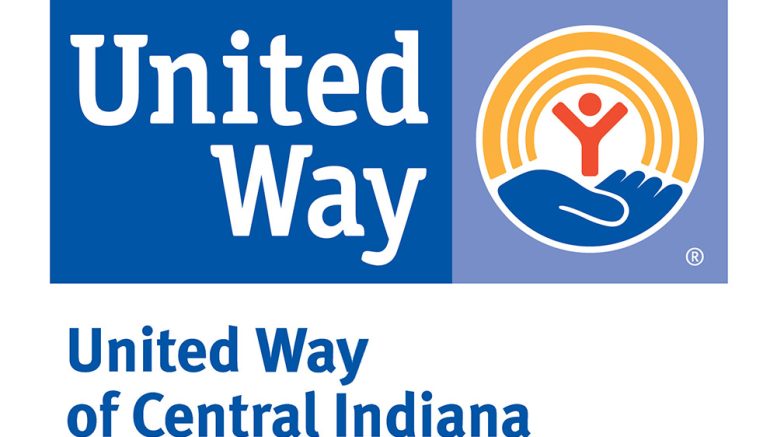Priorities for 2025 session include child care, housing & medical debt
United Way of Central Indiana on Monday announced its public policy agenda for the 2025 legislative session, with a focus on increasing access to high-quality child care, addressing the need for stable housing and reducing medical debt – all essential needs to ensure people are equipped to reach their full potential and contribute to the workforce.
United Way serves the region’s largest network of human services organizations and works with partners across the state to advance legislation that helps Hoosiers live the lives they’re capable of living.
“To build a strong workforce and economy, Indiana needs thriving people,” said Sam Snideman, vice president of government relations for United Way of Central Indiana. “Hoosiers can’t reach their potential or support their families if they can’t meet daily needs like child care, housing and medical debt. By addressing these, Indiana is investing in human capital and securing the state’s economic competitiveness.”
In 2025, United Way’s public policy agenda will focus on:
Child care: For parents to work, they need to access reliable child care. Yet in Indiana, only six in 10 children who need care can access this non-negotiable service due to the system’s limited capacity – at a yearly cost of $4.2 billion. To change this, United Way is leading efforts to:
- Increase families’ access to state and federal support for high-quality early childhood education.
- Support models that bring together employers, governments and individuals to share in the cost of care, such as the “tri-share” models in Michigan and Northeast Indiana.
- Address the abysmally low pay for Indiana’s child care workers – 98% of whom don’t earn enough to support two children – by implementing the recommendations of a statewide early learning committee.
Housing: Having a safe and reliable place to live plays an integral role in Hoosiers’ ability to support their families, but Indianapolis has one of the highest eviction rates in the country. To help increase access to stable housing, United Way is collaborating to:
- Increase the supply of affordable housing through additional development and reduced infrastructure costs.
- Help people stay in their homes by securing funding for home repairs and preventative maintenance.
- Enhance support for legal aid for renters so that settlements can be reached between landlords and tenants, reducing eviction rates.
Medical debt: Indiana leads the Midwest in its proportion of residents with medical debt, with nearly one in five Hoosiers affected. Medical debt affects a diverse range of Hoosiers across the state. United Way is collaborating with health and business groups to:
- Strengthen charity care policies by evaluating income requirement thresholds.
- Ensure medical debt can’t damage patients’ credit scores and ensure wages can’t be garnished to pay for debt.
- Increase price transparency and control the cost of health care.
United Way serves people and families living in or near poverty, a population that continues to grow. In 2022, more than 257,400 households – over one in three households – in United Way’s seven-county service area were in poverty or considered ALICE, meaning they earned above the Federal Poverty Level but not enough to afford a basic household budget. That’s an increase of 5 percent over the previous year.
United Way aims to create equitable opportunities and prioritizes solutions designed to meet the needs of entire families, guided by the “2Gen” – short for two-generation – approach to building pathways to prosperity. When people and families have the resources, opportunities and agency to thrive, the well-being of all residents, communities and the economy are strengthened.
United Way crafted its public policy agenda in partnership with its network of 90 community organizations to ensure priorities reflect the diverse needs and insights of all the communities in its service area of Boone, Hamilton, Hancock, Hendricks, Marion, Morgan and Putnam counties.
United Way of Central Indiana invites Hoosiers to join its advocacy efforts by visiting uwci.org/advocate.

